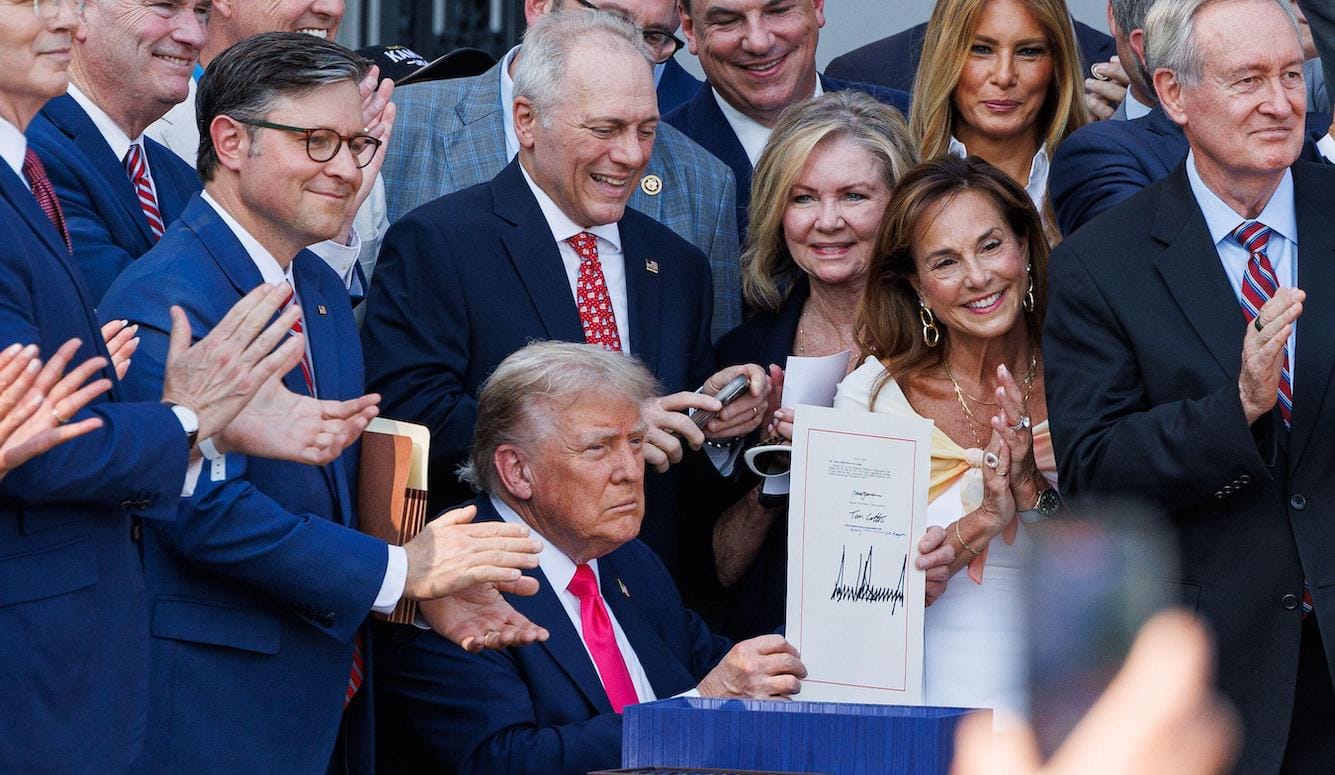Blog
Canada Called Itself a Genocide State. Iran Was Listening
In his propaganda about supposed child graves, Ebrahim Raisi is merely reading our own misinformation back to us.

When dictators are called out by the international community for perpetrating human-rights abuses, they often attempt to deflect criticism by accusing their Western critics of hypocrisy. In April, for instance, China denounced the US State Department’s annual Country Report on Beijing’s human-rights practices as “a pretense the U.S. government uses to cover up its agenda of seeking hegemony” over such nations as Afghanistan. “The U.S. should immediately cease making irresponsible remarks,” said Chinese foreign ministry spokesperson Zhao Lijian. “Instead, it needs to reflect on itself, mend its ways, and work earnestly to improve its own human-rights situation.”
In substance, these attempts at moral equivalence lack credibility. But they can have the appearance of truth when our adversaries base their propaganda on self-incriminating statements made by the West’s own media figures and politicians.
This week, Iranian President Ebrahim Raisi took the rostrum at the United Nations General Assembly to deliver Iran’s habitual denunciations of Western “double standards.” While anti-hijab protests rocked numerous Iranian cities in the wake of 22-year-old Mahsa Amini’s death at the hands of Tehran’s morality police, Raisi went through a predictable laundry list of complaints, accusing Israel of creating the “world’s largest prison” in Gaza, and denouncing US detention policies at the Mexican border. But he also threw in an attack on Canada’s treatment of Indigenous peoples, declaring that “bodies of hundreds of children were discovered in mass graves in a [former residential] school.”
As a Canadian, I found this element of Raisi’s performance maddening. Thanks to Canada’s own misinformation mill, the Iranian President didn’t have to go to the bother of inventing his own lies. My own country’s journalists and leaders did that job for him.
The issue of supposed unmarked Indigenous child graves dominated the Canadian media in the latter half of 2021. But as I reported in Quillette several months ago, no “mass graves” were ever found. In fact, even the Indigenous groups that initially reported ground-penetrating radar (GPR) survey results consistent with the possible presence of unmarked burial sites weren’t talking about “mass graves.” Rather, the invented mass-graves claim was popularized by a badly botched New York Times May 28th, 2021, story written by reporter Ian Austen. (For a definitive debunking, see Terry Glavin’s account in Canada’s National Post).
In the 16 months that have passed since the unmarked-graves story broke in late May 2021, not a single body has been found, nor any human remains. And so even the less sensational allegation that 215 individual unmarked child graves lie buried under the grounds of a former Indigenous residential school in Kamloops, British Columbia, now seems doubtful. Nor have bodies or human remains been recovered at any of the other former residential-school properties where GPR surveys were conducted.
Yet that didn’t prevent Prime Minister Justin Trudeau from lowering flags on Canadian public buildings for more than five months, nor from speaking publicly as if bodies were already being dug up. And aside from the National Post, not a single major Canadian media outlet has admitted its role in feeding the unmarked-graves social panic that exploded last year, and which often included lurid speculation that the supposed grave sites not only contained the remains of Indigenous children, but that these children had been murdered through methods worthy of a horror-movie plot.
Given this, what can Canadian public figures say to Raisi now that he’s throwing spurious moral equivalences into our faces? Nothing. In making the false claim that “bodies of hundreds of children were discovered in mass graves in a [former residential] school,” the man is merely reading our own officially sourced misinformation back to us.
This isn’t the first time that Trudeau has managed to maneuver Canada into this kind of mortifying position vis-à-vis the world’s tyrants. Last year, when Canadian lawmakers voted to denounce China’s treatment of Uighurs in western Xinjiang as a form of genocide, Trudeau and his Cabinet abstained. The suspected reasons for that move were complex. But they included the fact that Canada was, by its own description, morally compromised on the genocide file: Back in 2019, Trudeau had explicitly acceded to the (absurd) claim that Canada, too, was guilty of “genocide”—this one against Indigenous women. Indeed, according to the official report that precipitated Trudeau’s mea culpa, this supposed Canadian genocide remains ongoing.
The leaders of Russia, Belarus, Iran, North Korea, Syria, and Venezuela know a good propaganda opening when they see one. Last year, these nations collectively called on the UN to investigate crimes against Canada’s Indigenous peoples—doing so, cleverly, on the same day that Western nations were launching a UN campaign to demand that China allow international investigators access to Xinjiang.
Words have consequences—especially when they comprise the vocabulary of mass slaughter. The repetition of ghoulish hyperbole about Canada doesn’t just gratuitously harm the country’s reputation. It also helps the world’s autocrats get away with crimes that are anything but fictional.





